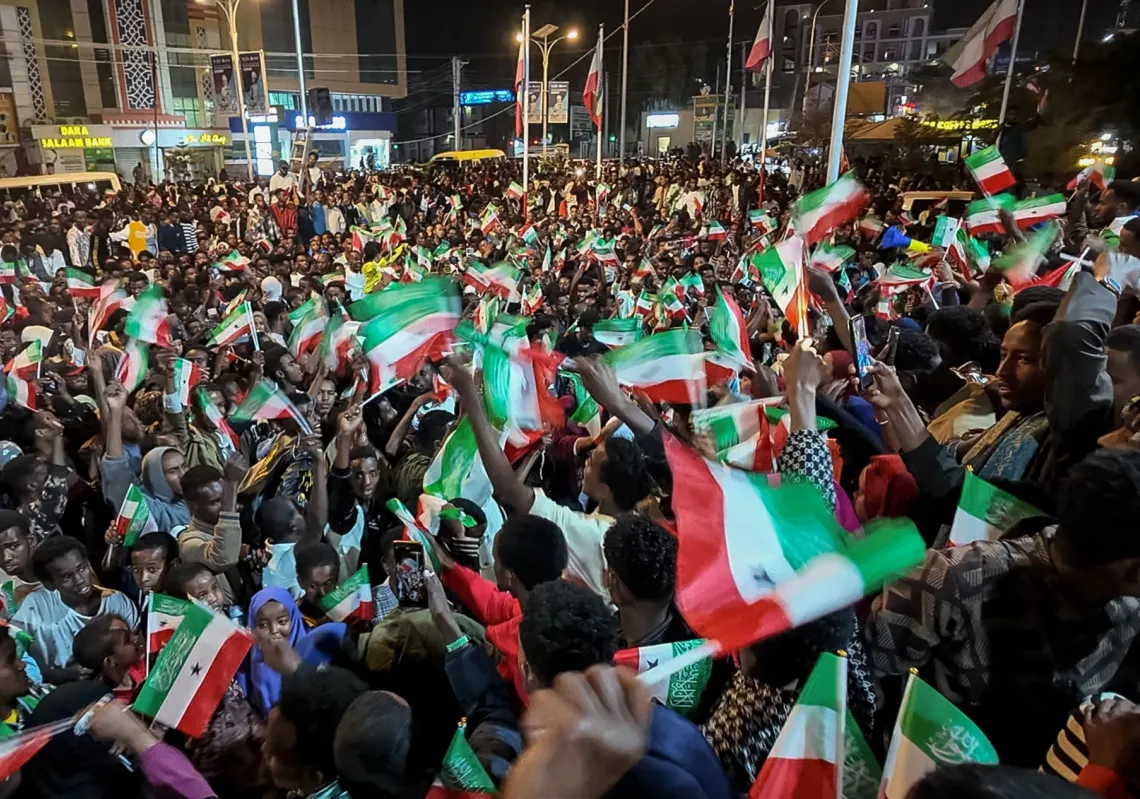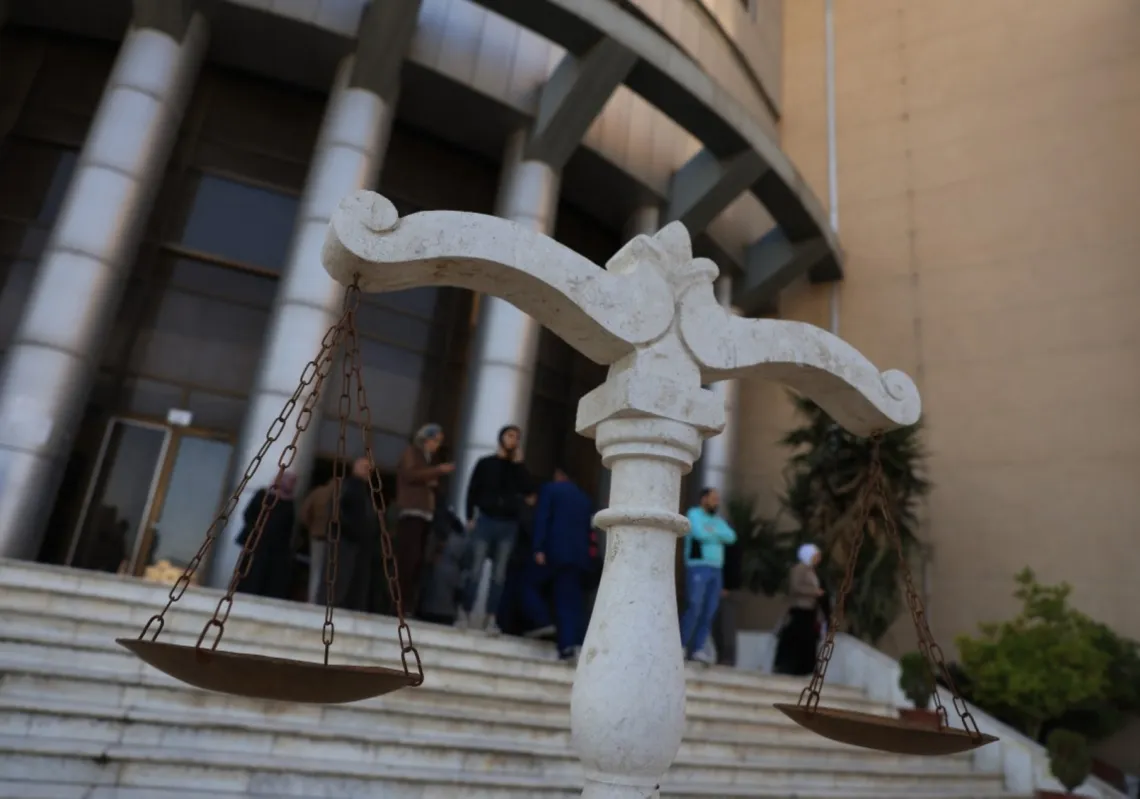Rebel forces in Syria have entered Damascus, claiming it is now “free" of Bashar al-Assad, who has reportedly fled the capital, according to a statement on Sunday.
“We declare the city of Damascus free from the tyrant Bashar al-Assad,” the Military Operations Command wrote in a post on Telegram. The rebels earlier claimed to have entered the capital and taken control of the notorious Saydnaya Military Prison north of Damascus.
It all began on 30 November after well-equipped and highly motivated anti-government forces led by Hayat Tahrir al-Sham (HTS) captured Aleppo. Since then, major Syrian cities have all fallen in rapid succession. Meanwhile, in the north, the Syrian National Army (SMO) captured Tel Rifaat and is now reportedly massing around Manbij to drive the YPG out of there as well.
These developments certainly benefit Turkey, whose top priorities regarding Syria are neutralising the security threat posed by the YPG and the return of Syrian refugees back to their country. And while Ankara has officially denied any participation in the operation, many believe that it could not have been carried out without Turkey's involvement.
In a recent statement, Foreign Minister Hakan Fidan affirmed Turkey's ties with the Syrian opposition throughout the years with the aim of fighting Islamic State (IS) and YPG ‘terrorists’ and that they took the initiative to launch the recent operation on their own, without Turkish involvement.
The official Turkish line is that the operation is the natural result of al-Assad’s own policies and decisions, pointing to the fact that despite being welcomed back into the Arab League, al-Assad did little to address the concerns of his Arab neighbours. In addition, rampant corruption and the proliferation of illicit activities in Syria have contributed to the country’s economic decay, resulting in 90% of the population now living under the poverty line and struggling to survive on $10-15 a month.

And while the opposition’s stunning and rapid success on the battlefield has been attributed to the fact that they are much better organised and armed this time around, it is equally true that al-Assad’s support base has grown increasingly tired and unmotivated, given the dire economic conditions in the country. Apart from a tiny sliver of the population that became rich during Syria’s civil war, most of al-Assad’s support base—predominately comprised of an Alawite/Nusayri minority—suffered significant casualties and continues to live in poor economic conditions.
Their motivation to fight back this time around would not be out of love for the Syrian regime but more so out of fear of reprisals from the opposition fighters—with many so-called jihadists among them.
Diplomatic scramble
Meanwhile, Astana summit partners Russia, Iran and Turkey (known as the Astana Three)—who worked together throughout the years to divvy up areas of influence within Syria—are clearly at loggerheads now. Last week, Iranian Foreign Minister Abbas Araghchi explicitly described recent events as a takfirist operation directed by the US and Israel during a joint press conference with Fidan in Ankara last week and indirectly said Turkey was colluding with them to carry out their objectives.
After Friday prayers in Istanbul, Turkish President Recep Tayyip Erdoğan said, “Idlib, Hama, Homs, and of course Damascus is the target. We hope that the march of the opposition will continue without any accidents.” Also on Friday, a trilateral meeting between the foreign ministers of Iraq, Iran, and Syria was held in Baghdad, where Iraq’s foreign minister said his country was currently weighing the pros and cons of intervening in Syria to aid al-Assad.
And on Saturday and Sunday (7-8 December), relevant foreign ministers also regrouped in Doha to discuss the rapid opposition advance in Syria, while Arab League foreign ministers are expected to meet in Cairo at the Damascus government's request.














